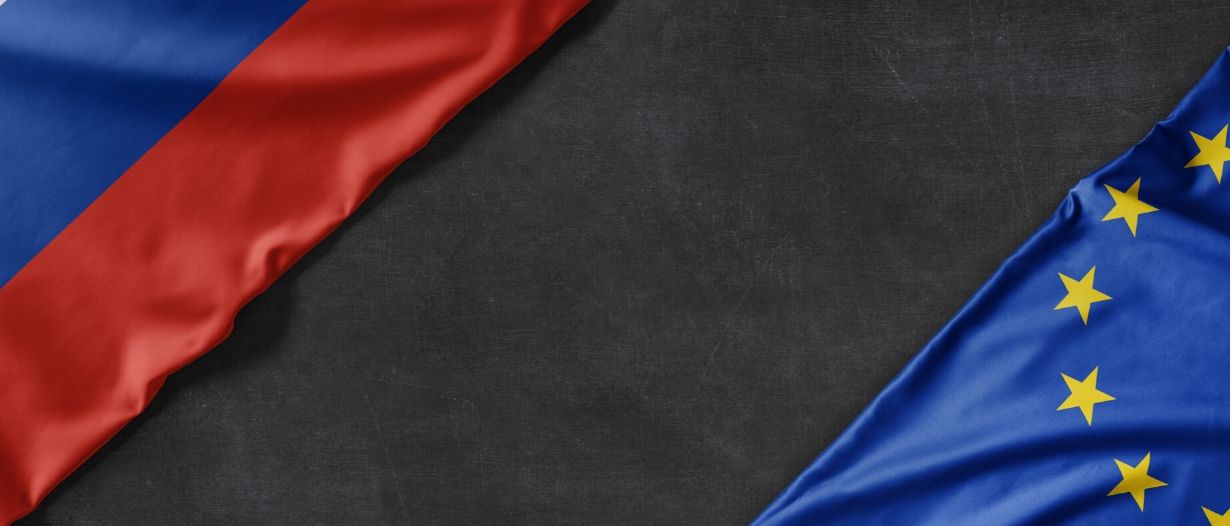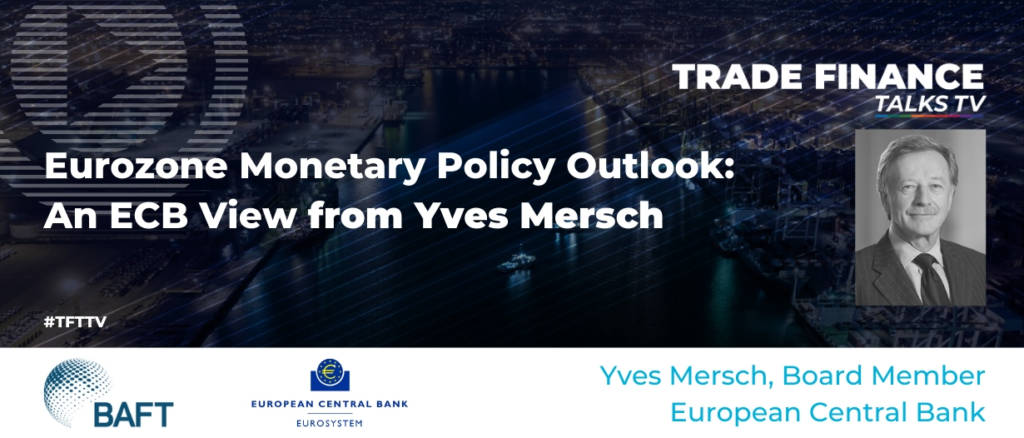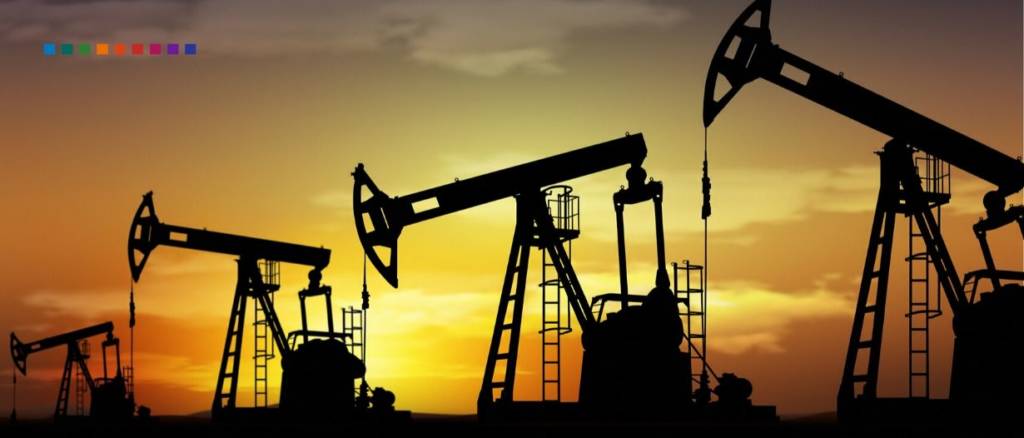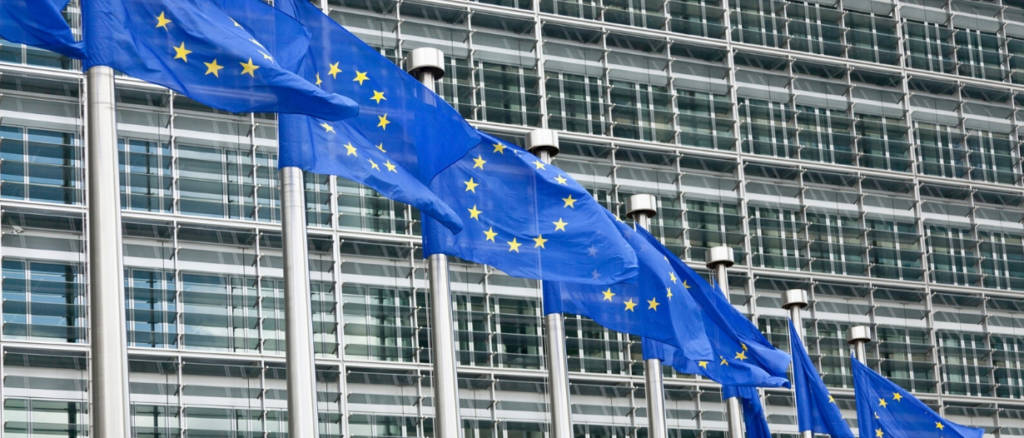The 1992 Treaty on European Union introduced the principle of ‘solidarity’ between member states. However, EU member states have been criticised for their inability to cooperate with their Russian energy policies. In this essay I will analyse their foreign policy towards Russian energy, with specific focus on their natural gas.
What are the expectations of the EU?
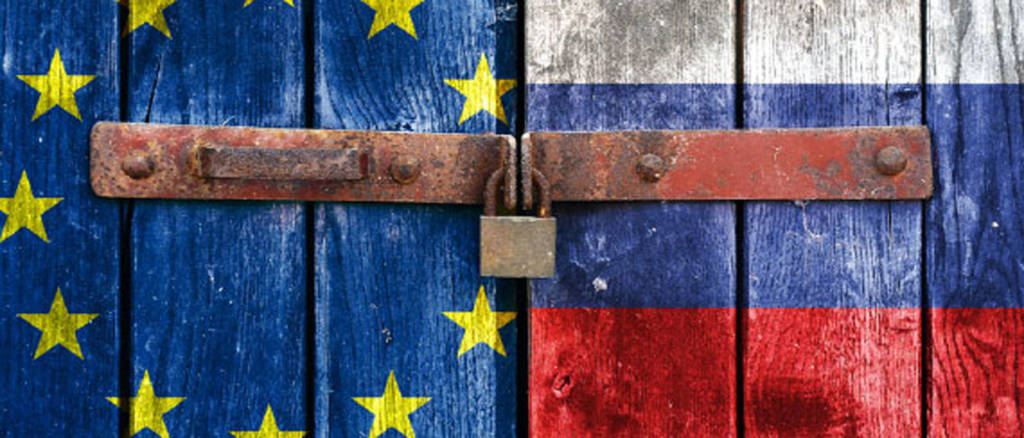
EU member states have committed to ‘mutual solidarity’ within their foreign policies in Title V of the Treaty on European Union of 1992. The terms of membership required them to act in solidarity with the union and with one another in all foreign relations.
In both this agreement and in my essay, solidarity is defined as ‘acting primarily in the interest of the union’ and this includes foreign policies. In fact, EU member states should respond to energy security threats in the same way that NATO responds with a collective defence. Solidarity will secure the EU greater bargaining power and political influence. It is important to note this was agreed upon by the twelve founding members while the following fifteen members had no choice but to agree if they wished to join the European Union.
Despite these agreements the EU has received criticism for its inability to cooperate on foreign policies, where cooperation is synonymous with acting in solidarity. Rather, EU member states often act in their own national interest with total disregard for the interest of the union as whole. I argue that these decisions are based on independent considerations of, amongst other things, geography, political relations and negotiating prowess.
The EU’s energy reserves are rapidly depleting at a time when the demand for energy is increasing, resulting in the need to import a vast amount of energy. As a large percentage of the imports come from Russia this an increasingly pressing issue.
Framework for Analysis
I will introduce two schools of thought to assess this situation. The first is the ‘markets and institutions’ framework which is theoretical and based on what the EU must endeavour to achieve. It assumes that all decisions are made in the best interest of the union and that member states act in solidarity. In contrast the ‘regions and empires’ framework is based in realism, arguing states are self-interested agents who use the EU as a tool to achieve their foreign policy objectives.
These two frameworks clearly display two sides of the solidarity spectrum. However, solidarity may still exist in the ‘regions and empires’ framework as long as it aligns with the national interest of the member states. The EU is better described by the ‘regions and empires’ framework but must strive towards the ‘markets and institutions’ framework. No member state is the same, they have different energy demands, natural resources, trade links and geopolitical relations meaning their interests are unaligned. Hence EU member states have conflicting foreign policy in their energy relations with Russia.
Varying Russian Dependency
One aspect causing divergence in member states’ national interests in Russia is the amount of energy they import from this country. Although not all EU member states import energy from Russia, as a whole they make up 20 percent of the EU’s total energy consumption.
The EU’s own reserves are depleting while Russia has identified massive new reserves, it has the seventh largest oil reserves and the world largest natural gas reserves (British Petroleum. 2009: 2). In terms of natural gas, they have over one fifth of the world’s total reserves and 35 percent of the EU’s consumption now comes from Russia.
Russian gas is an interesting subsection of energy security since it requires infrastructure (namely pipelines) for the industry to function, unlike crude oil which can easily be transported and rerouted to other countries should the demand arise. Foreign policies here are especially important as importers rely heavily on the supplier since pipelines are fixed. If oil supply is restricted oil tankers can change course and solve the supply shortage but this is not the case with natural gas.
Financing for these pipeline projects are done at the EU level but those states that invest in the projects are the ones that primarily benefit from the projects. However, states still implement their own bilateral energy agreements with Russia which may weaken the EU’s negotiating power. Crucially each EU member state varies significantly in both the fraction and absolute amount of energy they import from Russia.
Varying Energy Security
Following on from that, another reason why EU member states foreign policies conflict is because their energy security in terms of Russia is significantly different. Many of the Central and Eastern European states receive as much as 100% of their natural gas imports from Russia while that value is far lower for the majority of Western states – 4% and 16% for Belgium and France respectively.
The Baltic states are largely isolated from the rest of the EU and a high fraction of their energy consumption comes from Russia. The percentage of imported energy coming from Russia gives us an indication of how reliant individual EU member states are for Russian energy. This varies substantially between states resulting in unaligned interests.
An External Trade Commissioner understood this when he declared “the incoherence of European policy towards Russia over much of the past decade has been frankly alarming. No other country reveals our differences as does Russia” (Mandelson, 2007). Furthermore, foreign policy analysts have identified EU member states diverging interests being used as a tool by Russia for leverage.
East – West Divide
So diverging needs contribute to diverging interests between EU states. By generalising we can find a trend which splits the Western and CEE states. I mentioned above that the CEE states energy imports are largely from Russia and often as much as 100% of their natural gas comes from Russia. The Western states in contrast receive a small fraction of their overall energy imports from Russia with Germany & Italy receiving 44 and 30% respectively of their natural gas from there.
Evidently the Western states are far more diversified than the CEE states in terms of their energy security. This is a double-edged sword however since the Western states have a smaller fraction of their imports coming from Russia but also import a higher absolute value. Russia is thus dependent on these Western states for their sales revenue, which translates into tax revenue for the government. There is a mutually dependent relationship between the Western states and Russia where Russia has an incentive to provide a quality service and the Western states have an incentive to increase imports since it is relatively close and one of the cheapest producers.
Conversely, the CEE states generally get all their energy from Russia but make a small contribution to Russia’s overall sales putting them in a difficult position and swaying the bargaining power in favour of Russia. Thus, the CEE states are incentivised to diversify away from Russia while the Western states are incentivised to increase their imports.
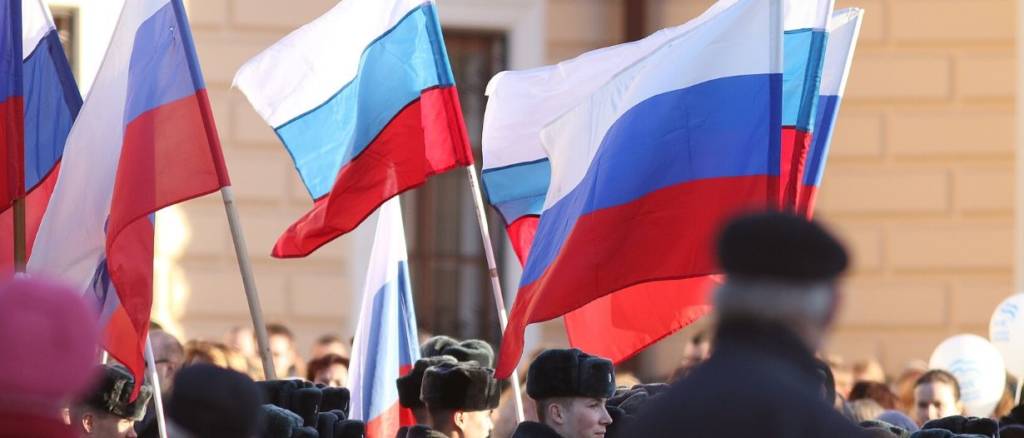
This analysis shows that the Western and CEE states have conflicting agendas. I must mention however that this is a generalisation, not all countries follow this trend. For example, Hungary, Bulgaria, Slovakia, Czech Republic and Romania all use nuclear and coal power which means they require only a small amount of Russian energy, and Austria opted against the use of nuclear power increasing reliance on Russian energy.
Additionally, the location and transit routes of the pipelines from Russia are also important. Gas is transported via Ukraine or Belarus, with a small number of states receiving it directly. Thus, Ukraine and Belarus have a high level of energy security in their imports of Russian gas since they consume as much as they need before allowing it to flow to other states.
Despite these few exceptions the Western and CEE states divergence is a key aspect in EU member states conflicting foreign policy. There is however another factor which influences their foreign policies with Russia, namely the geopolitical relationship they have with Russia coupled with the historical relationship they have previously had.
Other Geopolitical Actors Playing into Russia’s Energy Relations
Poland/Russia relations are a good example of geopolitical tensions impacting energy relations. Their turbulent relationship has spiked concerns in Poland of the influence Russia might gain if EU member states have limited outside energy options. Poland’s Prime Minister even proposed a pact in which member states would pledge their commitment to helping each other should any state find themselves in an energy crisis.
Prime Minister Vondra of the Czech Republic knew his country’s level of energy security was not shared among other CEE member states which is why he strongly encouraged the EU to implement infrastructure which would ensure each country received their gas from at least two different sources.
Additionally, Russia is notorious for exerting influence over whoever it can. Historically CEE states have been at the mercy of Russia and fear their lack of energy diversification will only prolong this issue. Conversely the Western states have large economies, political standing and military prowess which shields them from many of the hardships faced by the CEE states, not to mention their energy supply is already diversified. Their energy supply from Russia is more secure since they could retaliate with economic tools such as trade wars or embargos.
Many of the CEE states have complained about being ‘bullied’ by Russia because of the economic influence it has over them. These geopolitical relationships have a real impact on the foreign policies that states implore. The Western states are able to negotiate and implement bilateral agreements that are beneficial while the CEE states rely on the negotiating power of the EU to achieve beneficial agreements.
Western States Have Another Option
The availability of an outside option for the Western states creates an interesting dynamic. They might attempt to secure their own agreements should the EU negotiations fail and, unlike many of the cee states, they do not solely rely on uploading their policies to the EU. They can therefore pursue foreign policies which serve their national interest but may undermine that of the EU.
Western states have the ability to retaliate to Russian meddling and this, combined with the fact that Russian energy is some of the cheapest in the world, makes most of these Western states eager to increase their energy relations. Conversely, the CEE states are aware many EU members perceive them as being anti-Russia.
This is a label the CEE states strongly contest since they want to be seen as a credible agent rather than simply using the EU as a way of dealing with their Russian problems. Western states can openly pursue closer energy relations with Russia while the CEE states pursue diversification away from Russia, albeit with the use of more subtle tactics through the EU.

Russian Tactics
The lack of a coherent foreign energy policy from EU member states has become a particularly serious issue since 2004. The previous three decades were times of stability in their Russian energy imports, but recently there have been major disagreements with Ukraine and Belarus. These two countries are transit states meaning the majority of Russian gas is sent through both countries before being distributed to the other EU member states.
In 2006 the government-owned Gazprom withheld its supply to Ukraine after a disagreement following Russia’s decision to raise the price Ukraine had to pay to the same level as the Western states. All other ex-soviet states meanwhile continued paying lower prices. On the surface this seems reasonable but at closer inspection this may be a prime example of Russia using the EU’s lack of solidarity to punish a member state without any backlash from other members.
Although the price rise seems reasonable Ukraine argued it was punishment for becoming increasingly pro-Western and for wanting to join NATO. As a consequence all gas exports had to travel through Belarus who had only 20 percent of the supply capacity. This meant there was a shortage of natural gas which most affected the gas dependent CEE states. Foreign policies can be seen to have conflicted since a coherent EU-wide foreign policy would not tolerate such an attack on one of its member states and consequently the shortage of natural gas throughout the EU would have been avoided.
This Ukraine pricing crisis is a good opportunity to assess whether member states acted in solidarity or in self-interest.
The EU Lacks Solidarity
Once again, the diverging interests of EU member states meant their response to the Ukraine pricing crisis lacked the form of solidarity that was defined in the beginning of this essay. During this crisis EU legislation was changed to incorporate what they called ‘effective solidarity’. This was a small yet fundamental difference in how states are expected to act.

Before states were expected to act ‘primarily in the interest of the union’, but ‘effective solidarity’ meant simply offering financial support. This seems sensible firstly because support is offered and secondly because it forces the member states who made the loan to get involved in the situation. However, this does not constitute solidarity. This financial compensation is not an act of unity or charity since the amount is expected to be repaid in full, often incurring interest.
As such the member states who provide the financial loans will be more or less indifferent since they are guaranteed by law to get their money back. Member states are still incentivised to act in their own national interest whilst providing funding for the other struggling member states. Indeed this means no member state will be brought to a standstill by an energy shock, although the financial burden it creates might. Clearly the self-interested nature of member states means the ‘regions and empires’ framework is a more accurate description.
Russia is a controversial international actor which is partly the reason why the Western and CEE member states view them so differently. History has taught the CEE states to be wary of Russia while the Western states perceive Russia as a reliable energy supplier, especially in contrast to their other suppliers in the Middle East, South America and Africa. However, the EU member states are aware their conflicting foreign policies are an issue and the European Commission has been proactive in trying to align foreign policies.
Will the European Commission be the Answer?
Since these issues emerged in the early 2000’s the European Commission has sought out greater influence in foreign policy decisions. At present it lacks the sophistication and influence to play a major role in international negotiations, instead it uses the EU’s current competition rules to shape policy. The European Commission is trying to gain influence and enable solidarity, but national interests make this difficult.
This is a common issue with the EU since interests are often determined at the national rather than EU level. They urge member states to be open about their bilateral agreements and to help the European Commission to ‘neutralise’ any negative externalities they cause, thus enabling solidarity among member states.
At present not enough is being done which is why foreign policies are still conflicted in terms of their Russian energy supply. I agree with two policy analysts who argue a solution is to have the European Commission play a more central role, approving both member states’ energy deals with Russia and the construction of new gas pipelines.
To summarise, in terms of EU relations with Russia, foreign policies are not aligned. Indeed they strongly conflict with one another and undermine the bargaining power of the union as a whole. As a generalisation we can identify two groups, the first is dependent on Russia for gas (CEE states) and the other is not (Western states).
The first group would benefit from diversifying their energy supply while the later from maintaining and intensifying their supply from Russia. The current compensation scheme offers short-term financial relief which does not meet the criteria to be defined as solidarity. States act in their own interest and try to upload their policies onto the EU with regards to Russia.
This article was written by a member of TFG’s 2020 International Trade Professionals Programme. Find out more here.
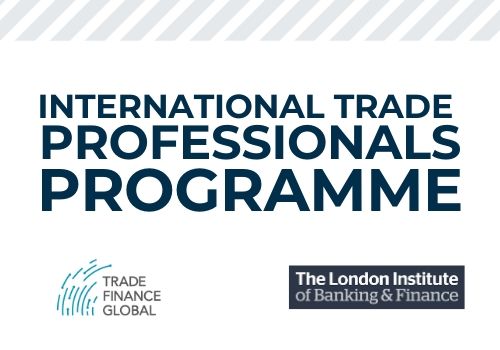
Disclaimer: The views that have been expressed on this page are that of the author, which may or may not be in line with their company, Trade Finance Global or London Institute of Banking and Finance’s view.















